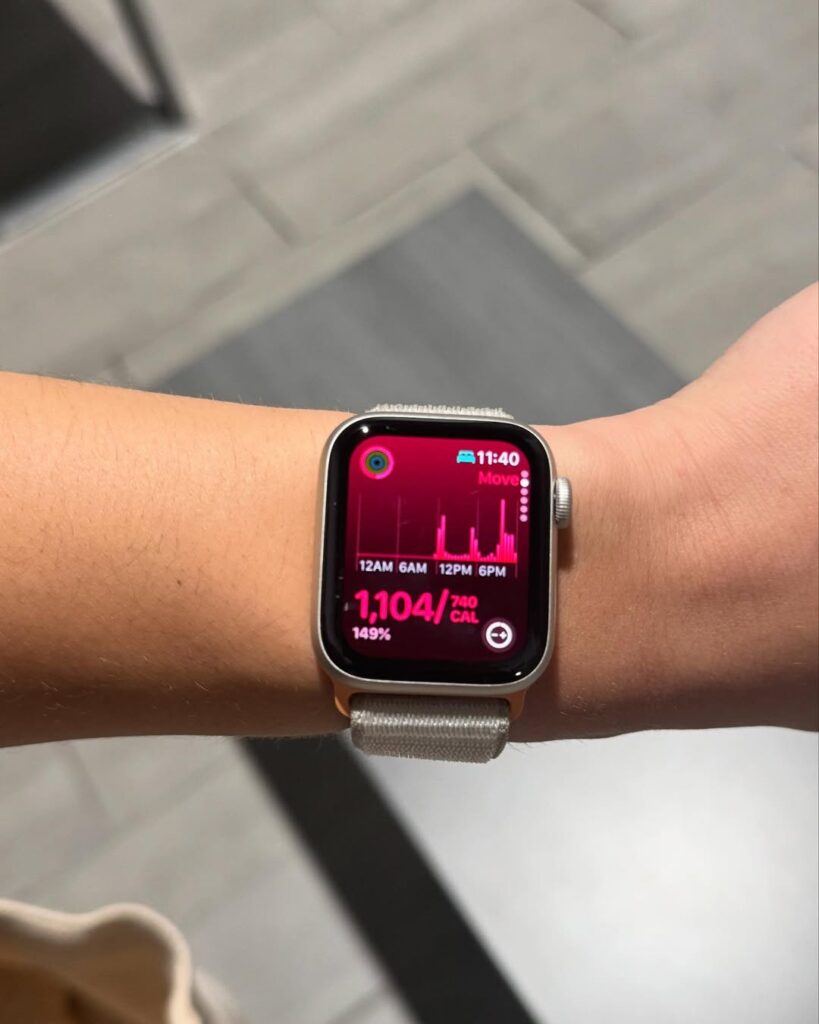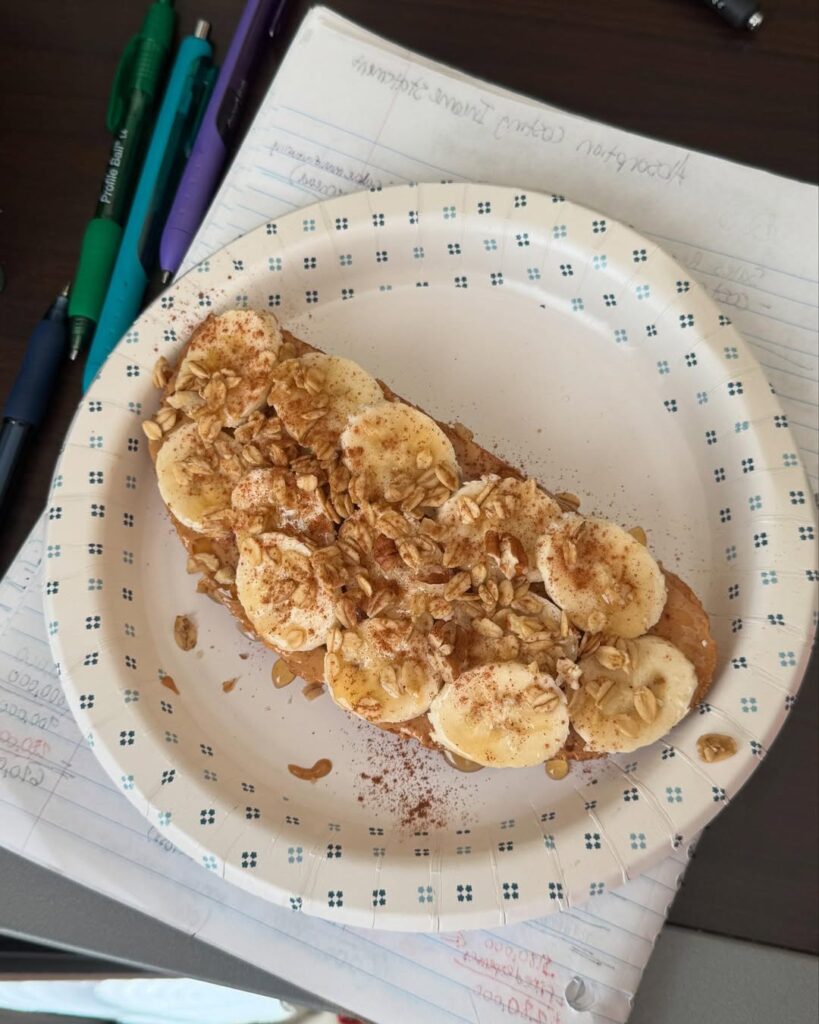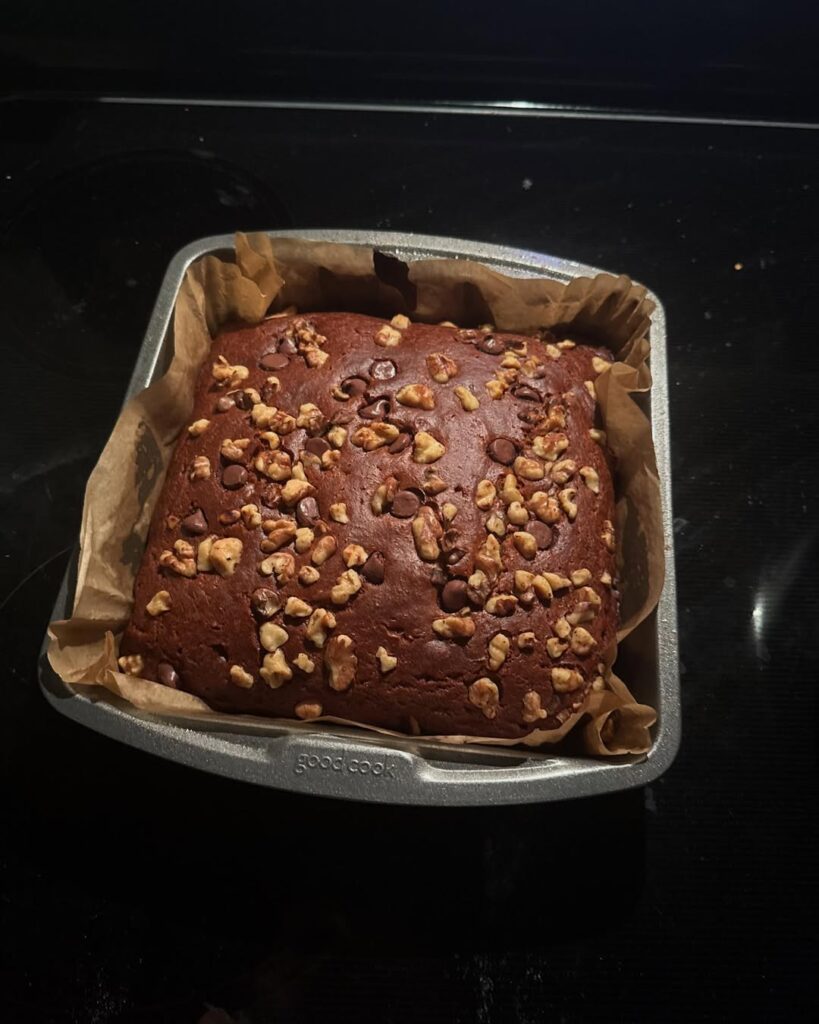Exercise is more than just a way to lose weight or build muscle. It’s a key component of physical, mental, and emotional well-being. Regular physical activity strengthens the heart, improves lung function, and enhances circulation. It also helps regulate blood pressure, improves insulin sensitivity, and supports the immune system.

From a mental health perspective, exercise is a powerful mood booster. It releases endorphins—chemicals in the brain that act as natural painkillers and stress relievers. People who exercise regularly report lower levels of depression and anxiety. Exercise also improves sleep, sharpens memory, and boosts self-confidence.
There are many forms of exercise, and the best one is the one you enjoy and can stick with. Whether it’s walking, jogging, swimming, dancing, lifting weights, or practicing yoga, staying active consistently is more important than intensity. Just 30 minutes of moderate activity most days of the week can make a significant difference.

The Role of Diet
While exercise plays a crucial role in health, what you eat fuels everything you do. Diet impacts your energy levels, mood, metabolism, and overall health. Eating well means choosing whole, nutrient-dense foods over highly processed, sugary, and fatty options.
A balanced diet includes:
- Lean proteins (chicken, fish, beans, tofu) to repair and build tissues.
- Complex carbohydrates (whole grains, fruits, vegetables) for sustained energy.
- Healthy fats (avocados, nuts, olive oil) to support brain health and hormone production.
- Vitamins and minerals from a variety of colorful fruits and vegetables to boost immunity and keep the body functioning optimally.
- Water to stay hydrated and help every system in the body work efficiently.
Crash diets or extreme restrictions often backfire, leading to nutrient deficiencies, cravings, and eventual weight regain. Instead, sustainable changes—like eating more vegetables, cooking at home, or reducing sugary drinks—lead to lasting health.

The Synergy Between Exercise and Diet
Exercise and diet don’t work in isolation—they amplify each other’s effects. For instance, working out increases the body’s need for protein and energy. If your diet lacks those nutrients, your recovery suffers, and you won’t see results. Likewise, a good diet can enhance your exercise performance, helping you train harder and recover faster.
Together, they support:

Weight management: Burning calories through exercise and managing intake through diet is the most effective way to reach and maintain a healthy weight.
Muscle gain and fat loss: Strength training combined with adequate protein supports lean muscle growth, while a clean diet helps shed unwanted fat.
Improved energy: Eating the right foods and staying active helps you feel more alert and energized throughout the day.
Chronic disease prevention: Heart disease, diabetes, certain cancers, and obesity are largely preventable through proper diet and regular exercise.

Building Healthy Habits
Creating a balanced lifestyle doesn’t require a complete overhaul overnight. Start small and build habits that you can maintain. Here are a few tips:
- Set realistic goals: Whether it’s walking for 20 minutes a day or cutting soda from your diet, small changes lead to big results over time.
- Plan your meals: Preparing meals ahead of time helps you avoid unhealthy food choices when you’re busy or tired.

Find an activity you enjoy: You’re more likely to stick with exercise if it feels like fun, not a chore.
Stay consistent: Progress takes time. Consistency is more important than perfection.
Listen to your body: Rest when needed, and eat when you’re hungry. Avoid comparing yourself to others.
Get support: Share your goals with a friend or join a fitness group to stay motivated.

Common Myths Debunked
There are a lot of myths surrounding exercise and diet. Let’s clarify a few:
- “Carbs are bad.” Carbohydrates are your body’s main energy source. The key is choosing complex carbs like whole grains and vegetables over refined sugars and white bread.
- “You have to exercise for hours.” Even short bursts of exercise, like 20-30 minutes a day, are beneficial if done consistently.

“Fat makes you fat.” Healthy fats are essential. It’s excessive calories and poor food choices—not dietary fat alone—that lead to weight gain.
“You can target fat loss in specific areas.” Unfortunately, you can’t control where your body burns fat. Overall fat loss comes from a combination of diet and total-body exercise.

Long-Term Benefits
The benefits of exercise and a healthy diet extend far beyond the physical. People who stay active and eat well often experience:
- Increased confidence and self-esteem
- Better relationships due to improved mood and energy
- Greater productivity at work or school

- Fewer doctor visits and healthcare costs
- A longer, more vibrant life
Ultimately, caring for your body is one of the best investments you can make. It’s not about achieving a certain look, but about feeling your best and living fully.

Final Thoughts
In a world full of quick fixes and fad trends, the combination of exercise and a balanced diet remains the most reliable, science-backed path to lasting health. It’s not about being perfect—it’s about being consistent. It’s not about punishing yourself—it’s about taking care of yourself.
You don’t need to follow a strict plan or cut out everything you love. Instead, aim for balance. Move your body in ways that bring you joy. Eat foods that nourish you. Take care of your mind as well as your muscles. When you make health a priority, every area of your life improves.
Start today with one healthy meal or a short walk. Over time, those small steps become a lifestyle. And that lifestyle? It leads to a stronger, healthier, and happier you.



